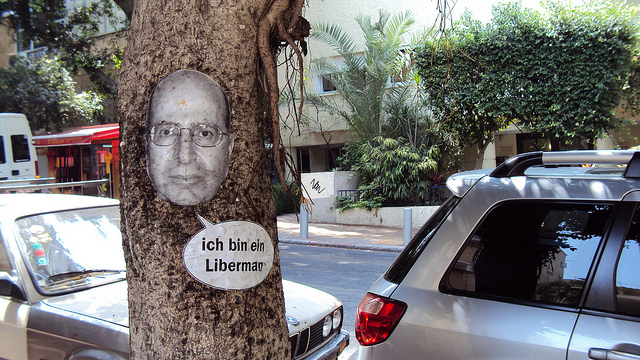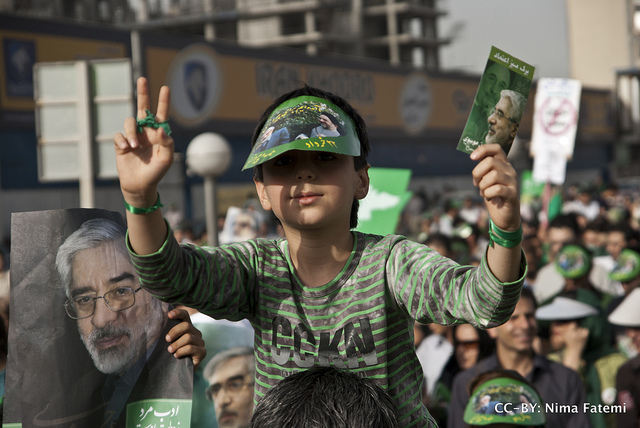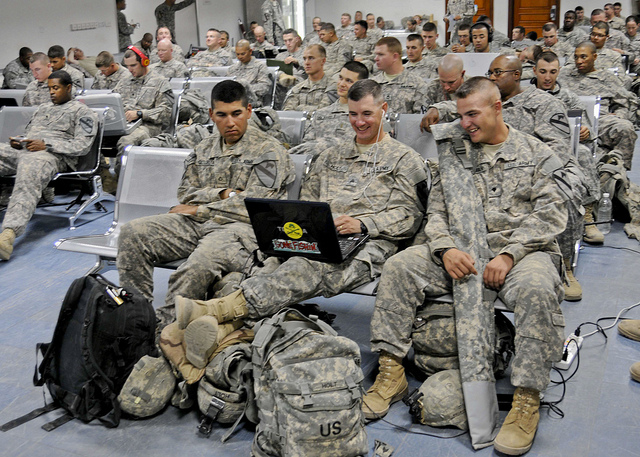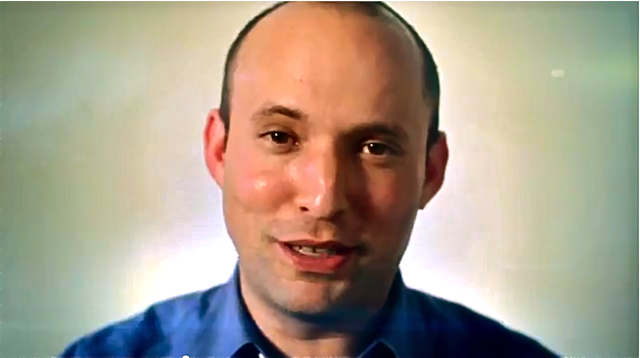Tehran is synonymous with turmoil. Since the 19th century, the city has been subject to everything from bouts of nationalism, to monarchism and religious revivals. This history intersects with a growing population, of distinct cultural and geographic origins, that emigrated from other parts of the country, after forced modernization during the 1930s. (More…)
Near & Middle East
“You’re on your own.” Behind all his words of support and friendship, the message Barack Obama delivered in both Jerusalem and Ramallah this week was clear. “Pivot to Asia,” would likely have been its most appropriate title. If only the US President had been that specific. (More…)
The picture is is not pretty. Israel finally has a new government in place, and we now know who its ruling triumvirate is. Most importantly, Benjamin Netanyahu will appoint a staunch hawk, Moshe “Bogie” Ya’alon, to replace retiring Defense Minister Ehud Barak. We would do well to consider this selection. (More…)
Thirty years into the Islamic Republic, Tehran was transformed by an explosion of youth, and a demand for higher education. Globalization hadn’t only affected the economic and political strategies of the government. It had affected the structure of Iranian society. New communication technologies arrived, and the country was opened to global culture, defining a new generation. (More…)
Modern Zionism is characterised by, among other things, an enormous capacity for nationalist chauvinism. The policies of the Israeli government towards the Palestinians are brutal, and totally unjustifiable. Yet, by reducing the words ‘fascist’ or ‘fascism’ to a stock slur aimed at Zionists or Israelis, we obscure the grim reality of authentic fascism and cheapen the meaning of the term itself. (More…)
Israel is a country without a government. The coalition impasse is of little interest abroad, as it mostly centers on changing the rules allowing the ultra-orthodox to forego military service, the economy, and the inability of Israelis to get along with each other – particularly the politicians. And yet, out of this discord, a new kind of Israeli unity is emerging. (More…)
Barack Obama has decided to go to Israel, with his new secretary of State, John Kerry preceding him. The White House has already stated that Obama is not using this trip to restart talks with the Palestinians. Obama will likely spend most of the time discussing Iran and Syria with Prime Minister Netanyahu. But eyes are still on the Palestinian issue. At some point, Obama will either decide, or be forced, to take it up again. (More…)
Did Israel step into the Syrian civil war, as a grim headline in Ha’aretz declared? At the time of this article’s writing, it doesn’t seem so, despite a good deal of bluster coming from Lebanon, Iran, and Syria itself. Still, by launching an unprovoked attack against a Syrian target, there can be little doubt that Israel has made the situation more sensitive. Further Israeli operations run an increasing risk of sparking a regional war. (More…)
The Israeli elections are being hailed by foreign media as a triumph for the political “center,” when it is nothing of the kind. That definition depends on a simplistic reading of the political map that dictates that if Prime Minister Benjamin Netanyahu is rebuked, which he surely was, then it must mean the right lost. But in Israel, there are many different kinds of “right wing.” (More…)
Despite the drama, it looks like a done deal. John Kerry and Chuck Hagel will likely receive Senate confirmation for their new cabinet posts. Assuming there are no last minute challenges to their appointments, there is little to look forward to. A second term Obama Administration is unlikely to take any new risks in the Middle East. (More…)
The current Israeli election season has been surprisingly eventful. Prime Minister Benjamin Netanyahu jumpstarted the process by joining forces with ex-Foreign Minister Avigdor Lieberman’s party. So far, it hasn’t worked. The kindest polls show the Likud-Yisrael Beitenu combo losing at least seven seats from what it has now. Say what? (More…)
“When a real and final catastrophe should befall us in Palestine the first responsible for it would be the British and the second responsible for it the terrorist organisations build [sic] up from our own ranks.” So wrote Albert Einstein, in a letter to Shepard Rifkin in Spring, 1948. (More…)











